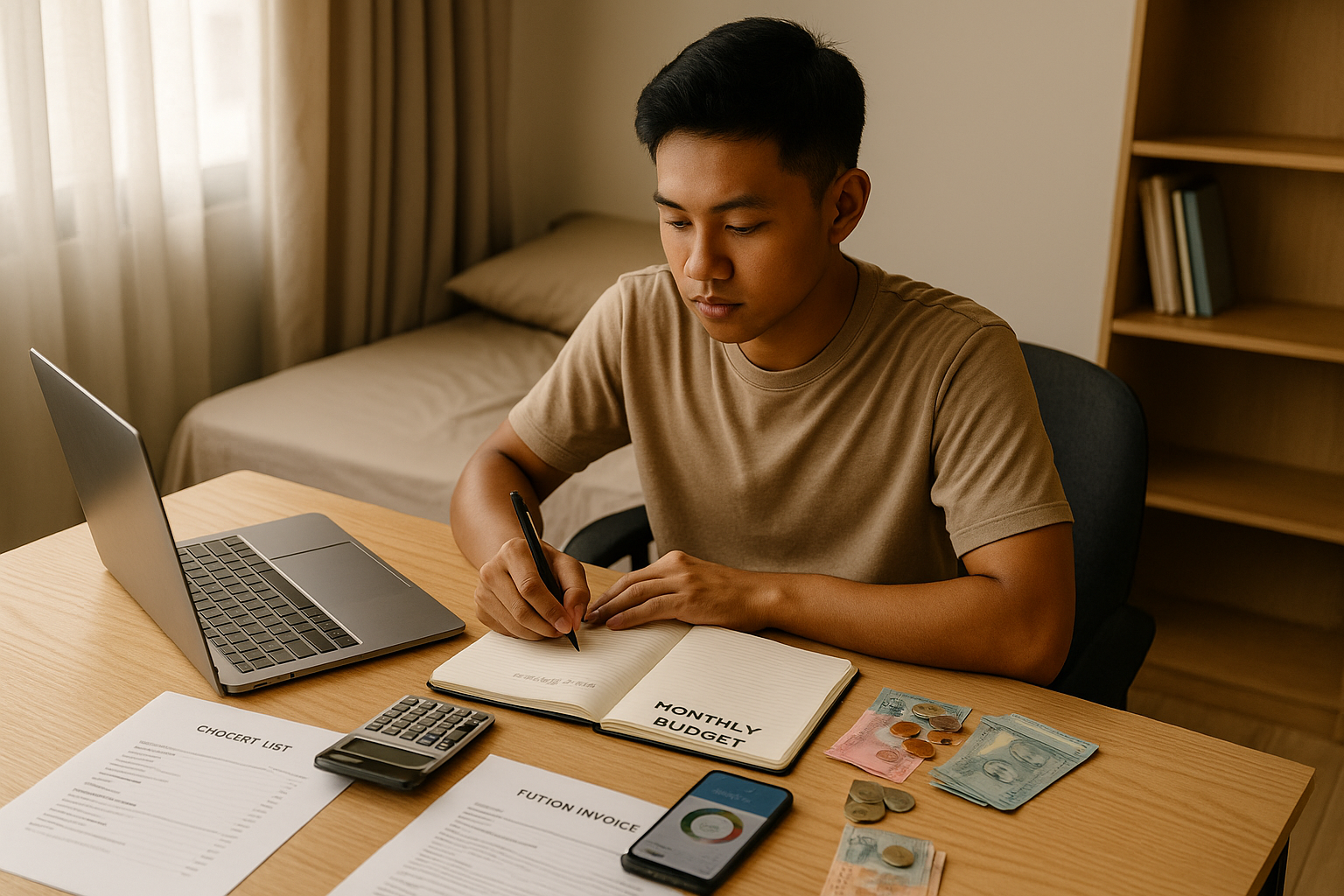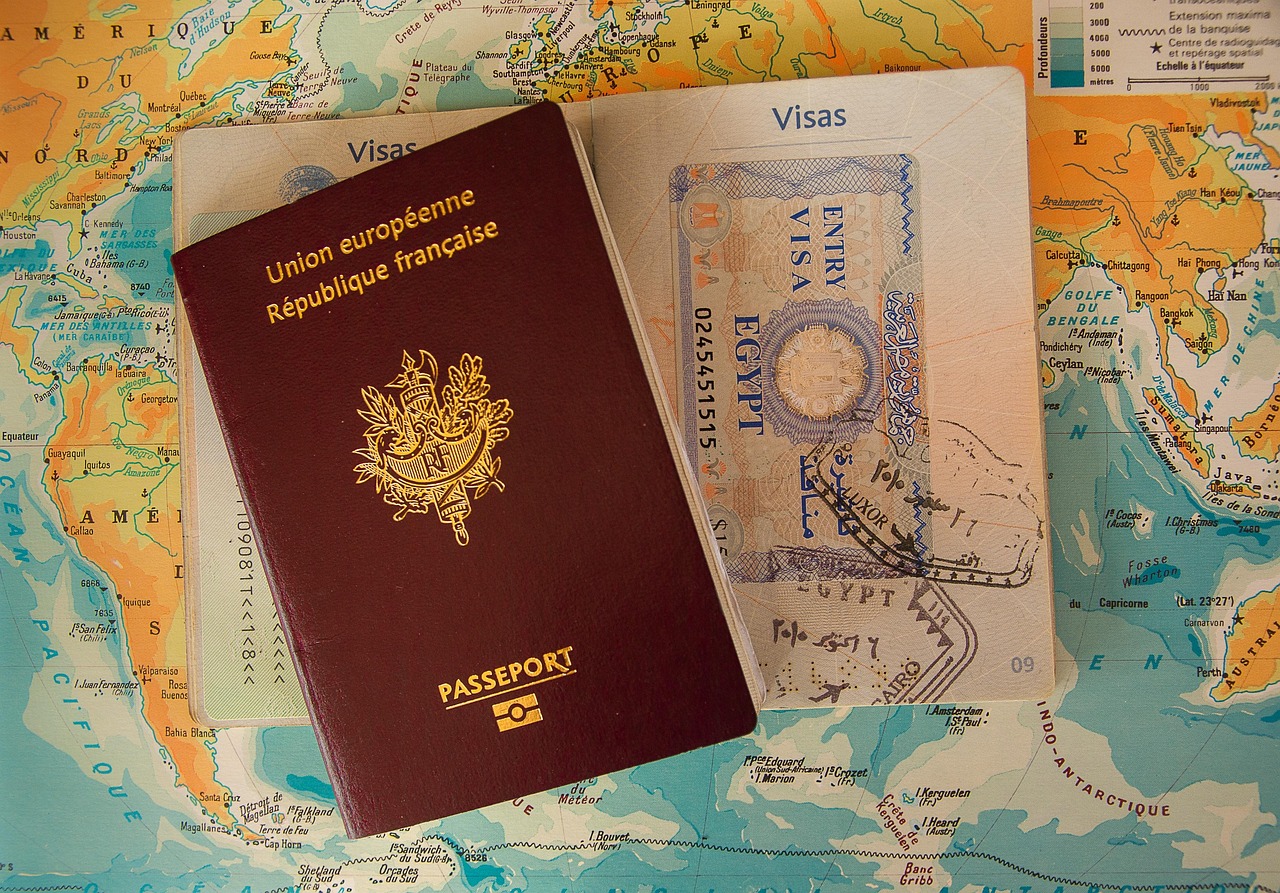Introduction
Studying abroad is not just an academic challenge — it’s also your first real experience managing money on your own.
From tuition fees to daily living expenses, international students must learn how to budget wisely to avoid unnecessary stress during their studies.
At Sigma Education, we not only help you secure admissions and scholarships, but we also prepare you for the financial realities of student life abroad.
In this article, we’ll give you practical tips on how to manage your finances and create a budget that works while studying in Southeast Asia.
1️⃣ Understand Your Full Expenses Before You Arrive
✅ Planning starts even before you leave home.
Create a full financial plan that includes:
- Tuition fees (per semester/year)
- Accommodation costs
- Food & groceries
- Transportation (public or private)
- Health insurance
- Books & study materials
- Visa renewals & government fees
- Emergency funds
- Personal spending & entertainment
🔎 Tip: Sigma Education provides students and parents with complete pre-arrival financial estimates for each destination country.
2️⃣ Open a Local Bank Account
✅ Simplify your financial management abroad.
- Use a local account to receive money from home.
- Avoid international transaction fees.
- Use a debit card linked to your account for daily spending.
- Monitor your balance easily through online banking apps.
🔎 Tip: Many universities assist international students with opening student-friendly local bank accounts upon arrival.
3️⃣ Track Every Expense
✅ Budgeting only works when you know where your money goes.
- Use mobile apps like Mint, YNAB, or PocketGuard to track spending.
- Keep separate categories: food, rent, transport, personal, etc.
- Review your budget weekly or monthly.
🔎 Tip: Small daily purchases add up quickly — tracking helps you control impulse spending.
4️⃣ Prioritize Essential Expenses First
✅ Always cover necessities before personal treats.
- Tuition
- Rent
- Food
- Transportation
- Health insurance
Once these are covered, you can allocate money for shopping, entertainment, or weekend travel.🔎 Tip: Avoid using credit cards for non-essential purchases to prevent unnecessary debt.
5️⃣ Take Advantage of Student Discounts
✅ Many countries offer excellent student discounts.
- Public transport passes
- University meal plans
- Movie theaters & entertainment
- Mobile data plans
- Museums & attractions
🔎 Tip: Always carry your student ID and inquire about discounts wherever you go.
6️⃣ Control Your Lifestyle Spending
✅ Enjoy life abroad, but within your means.
- Limit expensive takeout food or coffee habits.
- Shop during seasonal sales.
- Share accommodation or cook meals with friends.
- Use public transportation instead of private taxis.
🔎 Tip: Living slightly below your means now helps you avoid financial pressure later.
7️⃣ Work Part-Time (If Permitted)
✅ Many countries allow international students to work limited hours.
- Malaysia: Up to 20 hours per week (on-campus or approved jobs)
- Singapore: Up to 16 hours per week during term
- Thailand, Indonesia, Philippines: Work rules vary by visa type
🔎 Tip: Always check visa conditions before accepting part-time work.
8️⃣ Maintain Emergency Savings
✅ Unexpected situations happen — be financially ready.
- Medical emergencies
- Family travel needs
- Broken electronics
- Visa renewal fees
🔎 Tip: Keep at least 1–2 months of living expenses set aside for emergencies.
9️⃣ Involve Your Parents in Financial Monitoring
✅ Keep parents informed about your spending and financial situation.
- Provide regular expense updates.
- Discuss upcoming large expenses early.
- Share your budgeting plan for transparency.
🔎 Tip: Parents feel more comfortable when they know you’re managing money responsibly.
Conclusion
Good financial habits are a key life skill that starts while studying abroad.
With careful budgeting, disciplined spending, and proper planning, you’ll not only enjoy your study experience — you’ll graduate with the financial skills needed for future independence.
✅ Worried about financial preparation?
At Sigma Education, we provide complete financial planning consultations for students and parents before you even apply.
Book your FREE consultation today and let us prepare your full education budget for peace of mind.



